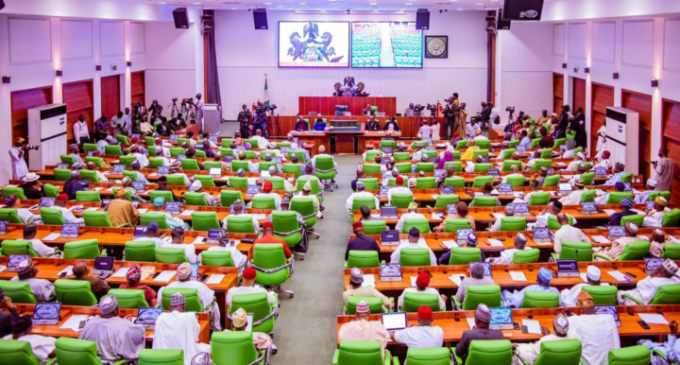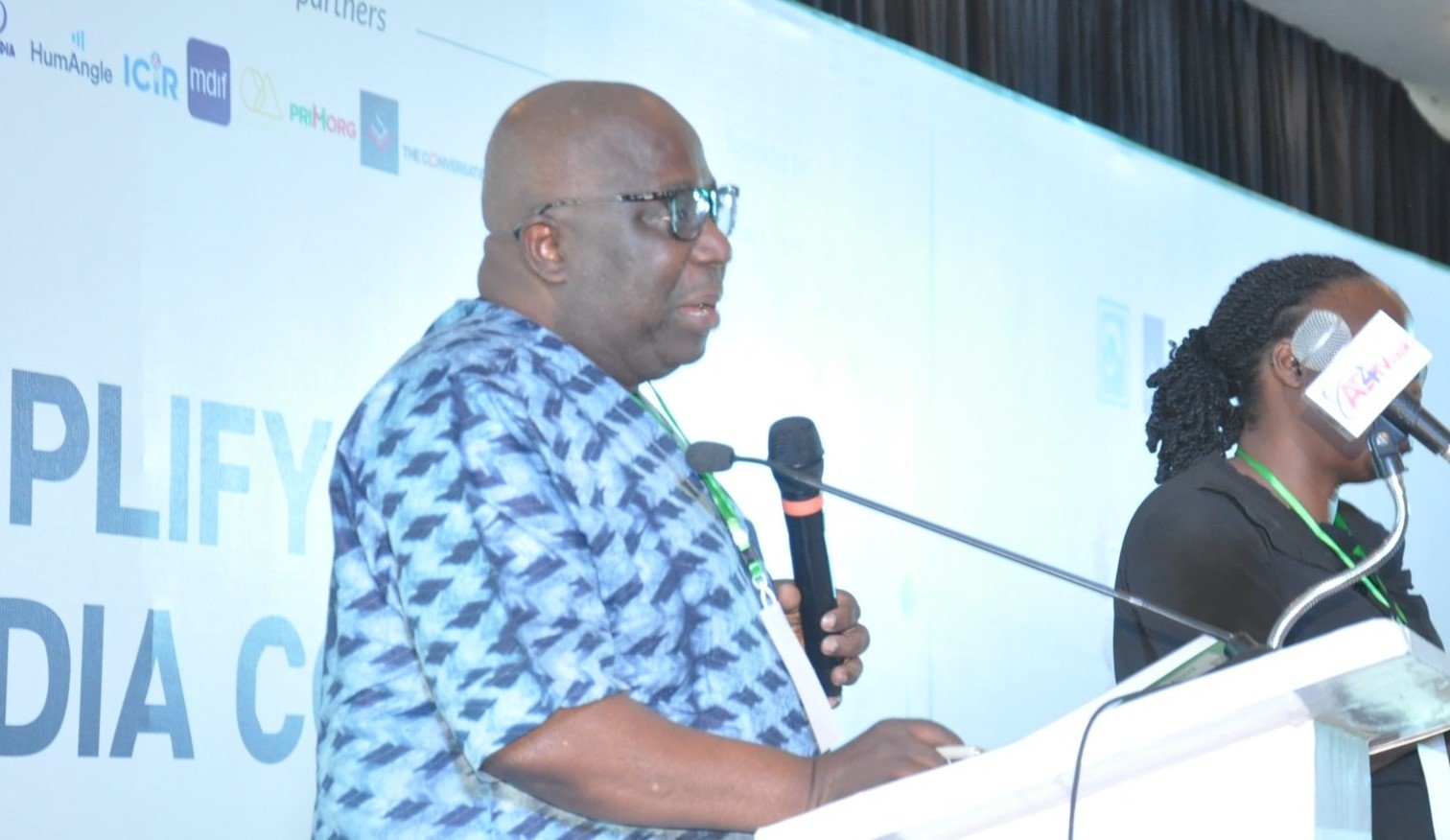The house of representatives has restated its commitment to remove tertiary institutions from the Integrated Payroll and Personnel Information System (IPPIS).
The house said this will enhance the welfare of lecturers and reduce the brain drain syndrome plaguing public tertiary institutions.
Tajudeen Abbas, speaker of the house of representatives, weighed in on subsisting calls from education stakeholders on Thursday in Zaria, at the 3rd International Conference of the Gender Policy Unit, Ahmadu Bello University.
The speaker who was represented by Abubakar Fulata, the house committee chairman on education, said the green chamber would pursue the interest of the academia at all times and the IPPIS is a good place to start.
Advertisement
He said the IPPIS is a single-minded computer programme that is anti-intellectual, anti-education, and completely detached from reality.
“We’re determined to ensure that universities, polytechnics, and colleges of education are removed from IPPIS,” he said.
“It is also our determination to make sure that education receives a substantial portion in the national budget at least to meet up with the United Nations requirement of 26 percent of the national budget.”
Advertisement
The speaker said that regrettably, the system had downgraded education in the country to a level where lecturers have become endangered species.
He said the national assembly had an engagement with vice-chancellors across the country, from where it was disclosed that a professor’s take-home pay after tax deductions was less than N450,000.
The speaker described such a remuneration for university professors as embarrassing to the education sector.
The federal government, in October 2006, introduced the IPPIS as one of its reform initiatives for the effective storage of personnel records, transparency and accountability.
Advertisement
In 2020, there were 696 ministries, departments, and agencies (MDAS) on the IPPIS platform.
However, the Academic Staff Union of Universities (ASUU) kicked against the enrollment of public university lecturers on the software.
ASUU developed the University Transparency and Accountability Solution (UTAS) as an alternative.
UTAS, the lecturers argued, accounts for the unique elements of university employment such as sabbatical leave, adjunct engagements, part-time engagements, and contractual obligations.
Advertisement
IPPIS has also been accused of being fraught with irregularities and discrepancies.
Advertisement
Add a comment






